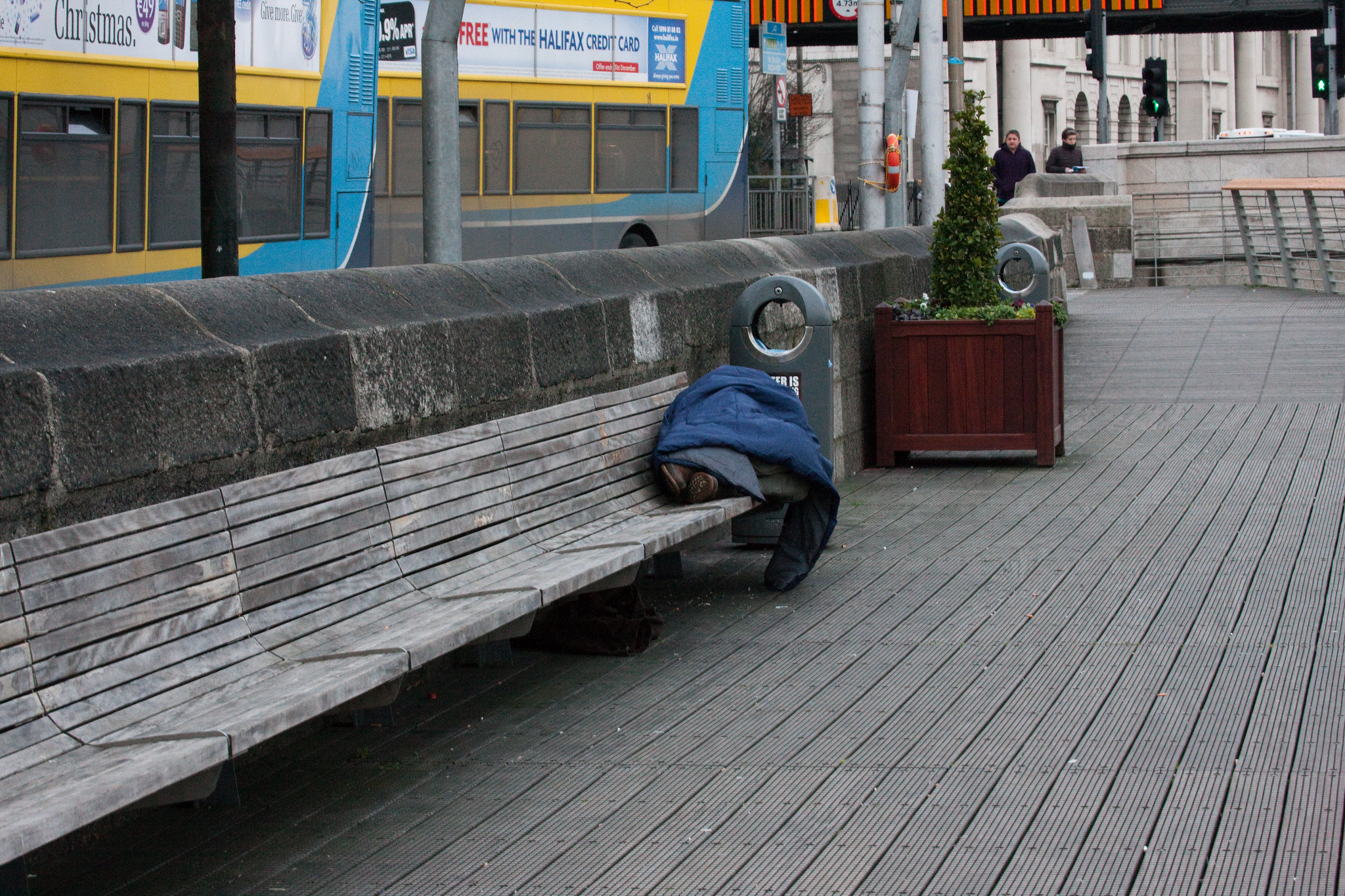Unhoused drug users in Dublin, Ireland almost entirely avoided projected COVID-19 deaths as a result of progressive changes in national drug policy and harm reduction practice, found a July 1 London School of Economics and Political Science case study.
“As the COVID pandemic approached there was a palpable fear amongst the homeless population and those who provided services to them,” said author Austin O’Carroll, the COVID-19 Clinical Lead for Homelessness in Dublin, in a press release. People who are unhoused are at risk of death during the pandemic, being particularly vulnerable to the disease itself as well as to overdose during quarantined isolation.
But national guidelines and service providers swiftly responded by relaxing opioid substitution therapy (OST) rules and expanding access to tightly-restricted naloxone, as well as introducing benzodiazepine maintenance exemplifies, respectively. The three authors—O’Carroll, Tony Duffin, CEO of Ana Liffey Drug Project, and Dr. John Collins, executive director of the LSE’s International Drug Policy Unit—report that the quick changes, which have long been demanded by advocates, kept the number of those harmed far below projected numbers. During the week of April 27, Dublin’s projected peak in homeless deaths, six fatalities were expected with no intervention and two were predicted with intervention. Yet none occurred—and only one person has died between the start of the pandemic in early March and the first week of June.
“The sector was very happily surprised by not only the low rate of infection and negligible death rate, but also by the noticeable improvement in general health and wellbeing in the homeless population,” said O’Carroll. “This served as a timely reminder that there are inextricable links and vicious circles between housing and health, housing and substance use, and health and substance use. ”
The drug policy changes that formed part of Ireland’s pandemic response were drastic. The national health agency, the Health Service Executive, issued guidelines that slashed waiting times from up to 14 weeks to a matter of a few days and boosted patient caps, with the addition of more than 200 new OST patients. The agency also took a step forward on loosening the country’s harsh prescription-only naloxone policy, advising providers instead to dispense naloxone to all OST patients. This policy, of course, is still far behind other countries’ more liberal approach of standing orders.
National guidelines also pushed forward homeless OST patients’ access to a safe supply of benzodiazepines. The majority of this population uses benzos, and providers were only officially advised on detoxification prescription protocols. But providers identified the issue that their patients’ need to access the drug during the pandemic could interfere with their adherence to social distancing and isolation. At first, dosages just high enough to stave off withdrawal were prescribed by a homeless medical service provider to patients for the duration of their isolation. But since the initiation of the institutional policy, it has been expanded for people on OST, regardless of whether they are in isolation.
“It is clear that innovations, made under emergency conditions, should not be allowed to roll back as and when the virus recedes,” said Dr. Collins. “COVID-19 has meant that policy barriers in Ireland that may have taken years to reduce have been pushed aside in a matter of weeks. If these gains are kept in place, aside from the lives saved during the COVID-19 pandemic, they will more than likely continue to save lives long into the future.”
Photograph of a person rough sleeping in Dublin, Ireland by William Murphy via Flickr/Creative Commons





Show Comments